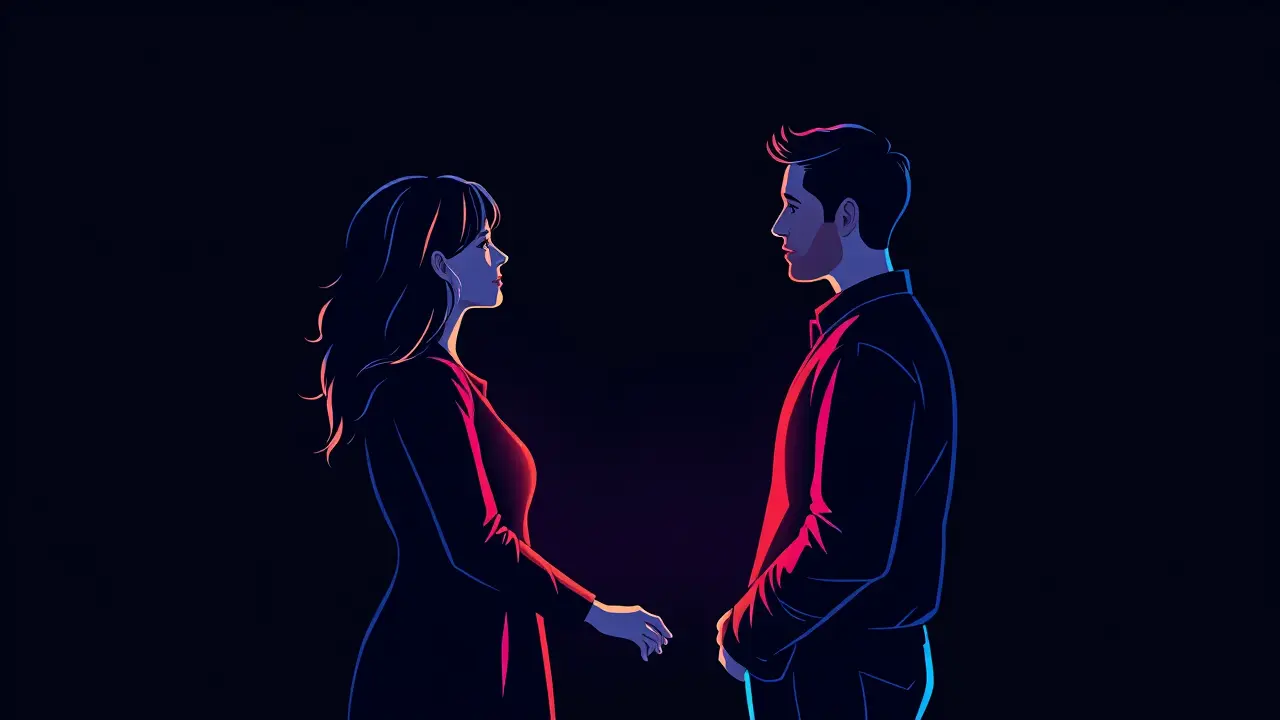Five Couple Types and Relationship Future According to Research
The Gottman Institute, co-founded by doctors John and Julie Gottman, has spent over four decades peering into the intimate dynamics of couples, and what they've found is a fascinating taxonomy of love that feels less like cold clinical data and more like a series of human stories I’ve heard over coffee. They’ve categorized couples into five distinct types—three they label as ‘happy’ and two as ‘unhappy’—and each type navigates conflict and connection in a way that feels deeply familiar once you start listening to people talk about their relationships.The 'happy' types, like the Validating Couples who are true partners in conflict, the Volatile Couples whose passionate debates are underpinned by deep affection, and the Conflict-Avoiding Couples who prioritize harmony and agree to disagree, all share a secret sauce that isn't about never fighting, but about how they repair the rupture. It’s in the way one partner might reach for the other's hand after a sharp word, or how they maintain a foundation of respect that allows them to see a disagreement not as a battle to be won, but as a misunderstanding to be untangled together.Then there are the two 'unhappy' types: the Hostile Couples, where every discussion feels like a minefield of contempt and defensiveness, and the Hostile-Detached Couples, who have essentially given up, their interactions marked by a chilling mix of anger and emotional withdrawal. What strikes me, after talking to so many people about their lives, is how these categories aren't just labels; they are trajectories.The research shows that the behavior patterns of the Hostile and Hostile-Detached couples are powerful predictors of divorce, not because of the presence of conflict, but because of the absence of repair mechanisms. It’s the lack of a gentle tease to break the tension, the unwillingness to accept influence from one's partner, or the building up of what Dr.Gottman famously calls 'negative sentiment override,' where a neutral action is consistently interpreted through a negative filter. This isn't just about romance; it's a profound lesson in human psychology and the architecture of a shared life.The Gottmans' work moves beyond diagnosis and offers a roadmap, emphasizing the importance of building a 'culture of appreciation,' of actively turning towards your partner's bids for connection—those small, often-missed attempts for attention or support—and of learning to argue effectively, with soft start-ups and a genuine effort to understand. It suggests that the future of a relationship is written not in grand, dramatic gestures, but in the thousands of tiny, daily moments of choosing connection over criticism, and understanding over being right. It’s a reminder that while love might feel like a mystery, the skills to sustain it are often practical, learnable, and rooted in the simple, profound act of truly seeing and hearing the person you've chosen to build a life with.
It’s quiet here...Start the conversation by leaving the first comment.
© 2025 Outpoll Service LTD. All rights reserved.
